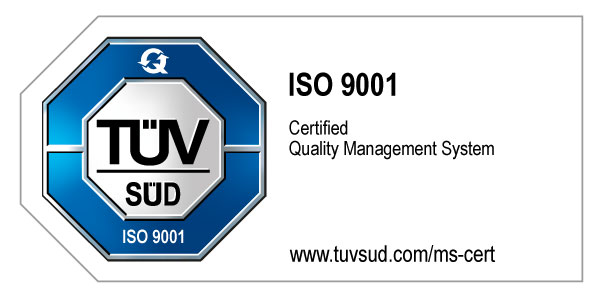IT transformation through automation
At a time when digital efficiency is critical to business success, ATIX is proving to be a leader in infrastructure automation. We understand that the path to a streamlined, secure and scalable IT infrastructure is through automation, transforming mundane administrative tasks into an engine for growth and stability.
The agility of your IT infrastructure has a direct impact on your company’s ability to innovate and respond to market demands. Manual management methods are no longer viable as they are time-consuming and error-prone. Automation simplifies these processes, increases operational efficiency, reduces costs and improves security and consistency across your infrastructure. This paves the way for scalability and innovation.


